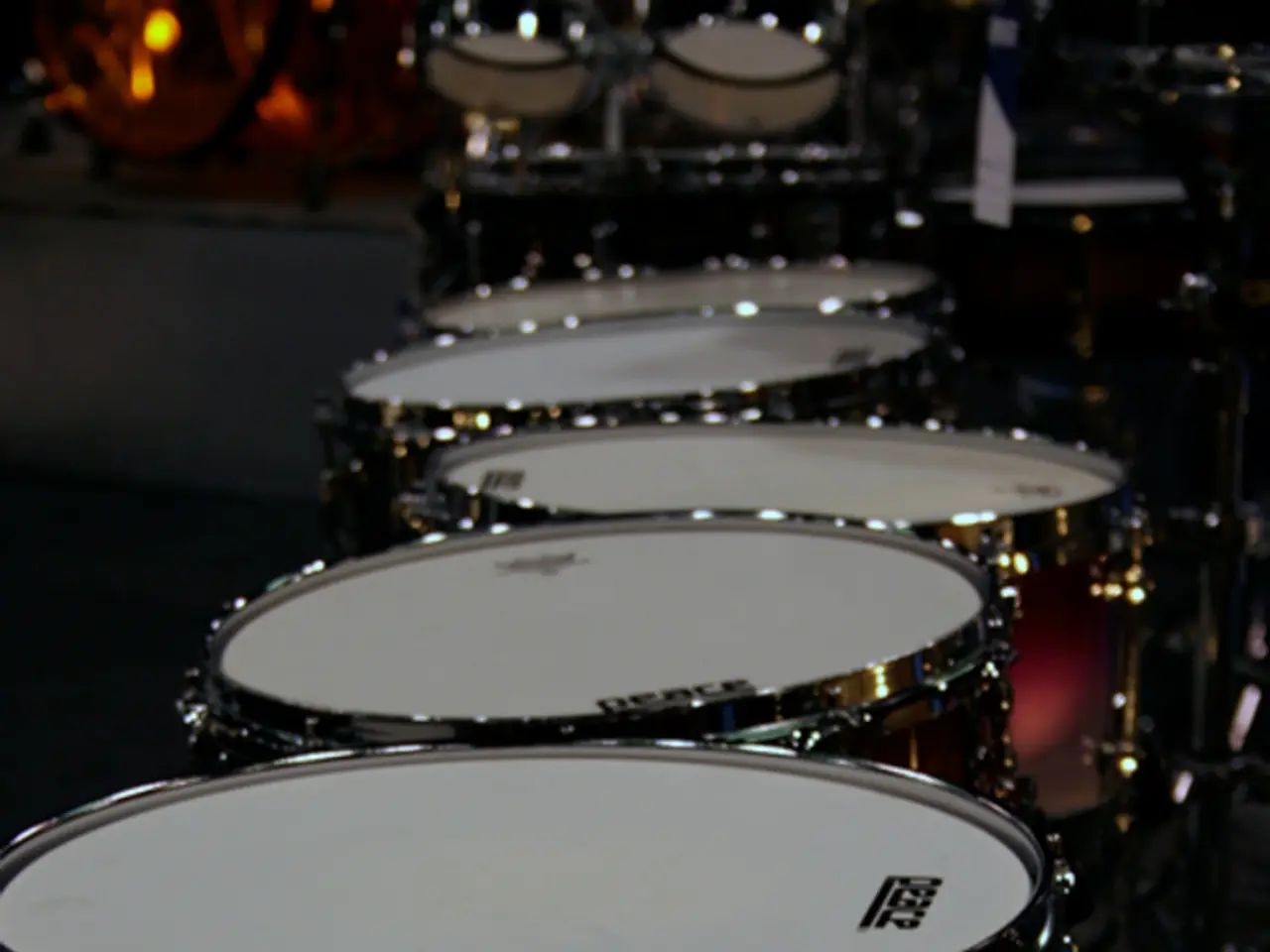Escalating Venezuela Tensions: Trump Implies Potential Internal Strikes; Maduro Advocates for Cooling Down
In a recent turn of events, US officials have accused Venezuelan President Nicolás Maduro of links to the "Cartel de los Soles" and other drug cartels, alleging that his government aims to "flood" the United States with narcotics. However, the US has yet to provide evidence to support these claims.
President Donald Trump has rejected the notion that recent military actions in the region are aimed at regime change, stating that the US is not talking about regime change in Venezuela. Trump has also signaled potential military strikes inside Venezuela, but has emphasized that they are not about regime change.
Maduro, in response, has compared the US claims of drug trafficking in Venezuela to the false claims about weapons of mass destruction in Iraq. He has also stated that claims about drug trafficking in Venezuela are false. The US government has not presented any court-tested evidence of the existence of the "Cartel de los Soles."
The US military deployment in the Caribbean includes a recent shipment of 10 F-35 fighter jets to Puerto Rico. This deployment has heightened tensions between the two nations, with Venezuela on high alert amid intensifying US military threats. In response, Maduro has called on President Trump to step back from entertaining US military action against Venezuela.
Venezuela has also highlighted its role in drug trafficking interdiction. Maduro emphasized that a comparatively small amount of narcotics transit through his country, and has questioned the evidence presented by the US. The US government has cited intercepted narcotics shipments, such as cocaine and fentanyl sacks found scattered in the ocean after military strikes on ships allegedly transporting drugs from Venezuela, as evidence of Maduro's connection to drug cartels. However, no formally judicially recognized evidence gathering or trials have been conducted to confirm these allegations.
Analysts have suggested that the US's true aim in the region could be to oust the Maduro government. In early August, Washington offered a $50 million reward for information leading to the arrest of President Maduro, accusing Venezuela of being a "narco state." The Venezuelan government, however, has been mobilizing its armed forces and calling for the general public to join the Bolivarian Militia in preparation for potential US military action.
Recently, the US conducted a military strike near Venezuelan waters, resulting in the death of 11 individuals claimed to be linked to the Tren de Aragua. The US has not provided evidence of its claims regarding the individuals killed in the US military strike.
The ongoing tensions between the US and Venezuela continue to escalate, with both nations offering starkly different narratives about the situation in the region. As the situation develops, it remains to be seen how this standoff will unfold.
Read also:
- Tobacco industry's suggested changes on a legislative modification are disregarded by health journalists
- Trump's Policies: Tariffs, AI, Surveillance, and Possible Martial Law
- Uncovering Political Ad Transparency: A Guide to Investigating opponent's Political Advertisements in the Digital Realm
- Elon Musk praises JD Vance's debate performance against Tim Walz








